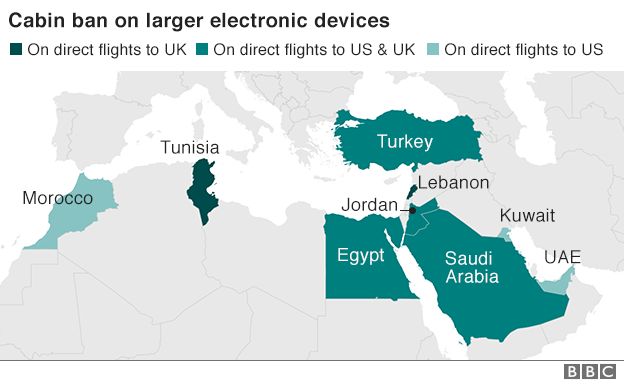A comparison of figure 1 to figure 2 indicates that the UK public actually became more positive towards EU immigration between November 2015 and November 2016, the period covering the campaign, vote and supposedly hate-filled aftermath.
There is nothing here that supports the ‘tide of hate thesis’.
The BBC has mounted a sustained campaign of hate against Leave voters denouncing them as racist, ignorant and bigoted, claiming that they have made Britain a nastier, more racist place since the referendum. This is clearly not true and is the blackest of propaganda that is designed to demonise, and licence attacks upon, Leave voters. It is a form of ‘Blood Libel’ intended to set the world against the Brexiteers.
It is something of an irony that it is EU research that helps disprove this fake news peddled by divisive and partisan BBC….the figures suggest the opposite, that migrants are looked upon more positively since the referendum than before…and…the UK’s figures are very similar to levels in the rest of the EU…which has had no Brexit…
Anti-Brexit campaigners, academics and journalists need to consider two questions: is the invocation of a ‘tide of hate’ really a maligning of the motives and rationality of Leave voters by association; and, more importantly, has associating the mass of Brexit supporters with a ‘tide of hate’ advanced the cause of EU and non-EU immigrants in the UK (or in the EU for that matter) one iota?
The assertion of a tide of hate or xenophobia does a disservice to the cause of solidarity between people of different backgrounds and nationalities. It does this by establishing a dubious moral, rather than political, division between people who voted Brexit and those who voted Remain, the former mischaracterised as irrational and hateful. This assumed xenophobic tide is to be ‘called out’, shamed, associated with the far right and not taken seriously or argued with.
The EU collects data on a variety of social attitudes, including immigration. Whilst the spike in reported hate incidents immediately following the EU referendum has been much discussed, the EU’s data suggests that the notion of a general ‘tide of hate’ or xenophobia is, to say the least, a misreading of the mood. Its EU Barometer survey asks whether immigration (EU and non-EU) invokes a positive or negative feeling for respondents. The most recent figures from November 2016 indicate that the UK is average within the EU with regard to positivity towards immigration from EU member states (see fig.1). If there is a tide of hate, this suggests it is not solely a UK/Brexit phenomenon.
It is worth noting that the UK’s trajectory upwards is steeper than the average – the UK has ‘caught up’ with the EU average over the last two years. Has anyone been arguing that UK citizens have become, relatively within the EU, more positive towards EU immigration over the last 2 years? If they have, I have not seen it.
There is nothing here that supports the ‘tide of hate thesis’.





















